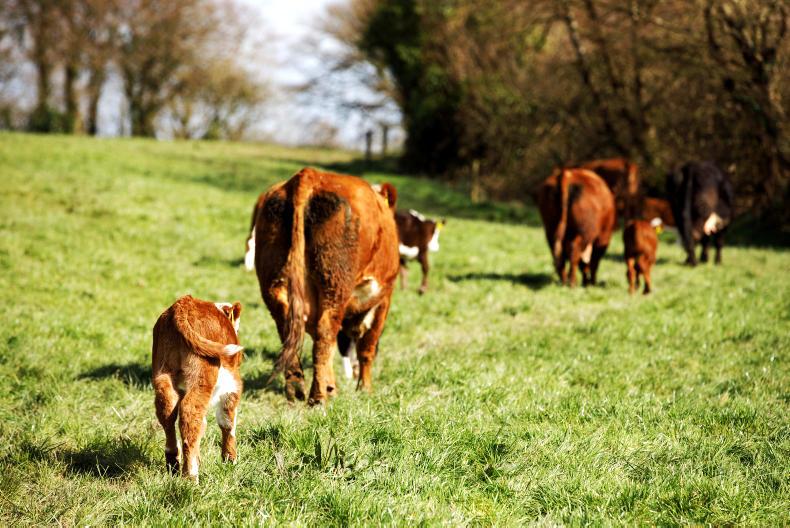General secretary of the ICSA Eddie Punch said that the EAT-Lancet Report is “misleading” and “should be ignored by Irish people”.
Speaking on RTÉ Radio’s Today Show with Miriam O'Callaghan this Thursday ahead of the Irish launch of the report, Punch reasoned that “in Ireland we have a very sustainable system”.
He said that our efficient grass growth produces sustainable grass-fed beef, dairy and sheepmeat products, and that reports like EAT-Lancet are “shaming meat consumption when it shouldn’t and in turn undermining the livelihoods of people in rural Ireland”.
Food production
The report is criticised for focusing mainly on food production as a cause to climate change with Punch giving the view that reducing the amounts of food wasted would be a considerable measure to tackling climate change.
“Up to one third of food is wasted, and if we eliminated this waste, we would cut global greenhouse gas emissions by 8%, to start with.”
The EAT-Lancet Commission produced a report whereby they looked at healthy diets and food production systems with the aim of setting out targets and framework for governments and organisations to follow to produce and consume food in a sustainable manner.
Prof Jessica Fanzo of Johns Hopkins University later presented the report at University College Cork.
How #EATLancet would transform food production if everyone ate its recommended low-meat diet, presented by Prof Jessica Fanzo of @JohnsHopkins at @ucc pic.twitter.com/ORxE0M2NM8
— Thomas Hubert ?? (@tom_hubert) April 25, 2019
Read an interview with Prof Fanzo in next week's Irish Farmers Journal.
One of the most controversial findings of this report is the recommendation that meat consumption should be reduced by 90% to avert climate change.
Vegan products
Eddie was concerned with the amount of resources being pumped into “fake meat” products, with vegan movements promoting them as good for the environment.
“A vegan burger is supposedly way more environmentally friendly than beef.
"But vegan burgers have 23 plant-based ingredients, flown all the way over from the US, where there is huge GMO and pesticide use. How mad is that to claim that they are environmentally friendly when compared to grass fed Irish beef?” he questioned.
Also speaking at the launch of the report, Dean of Cork University Business School Prof Thia Hennessy highlighted the €2m returned to the local economy for every €1m worth of Irish suckler beef produced and warned of difficult choices ahead if we are to meet our climate targets.
How #EATLancet would transform food production if everyone ate its recommended low-meat diet, presented by Prof Jessica Fanzo of @JohnsHopkins at @ucc pic.twitter.com/ORxE0M2NM8
— Thomas Hubert ?? (@tom_hubert) April 25, 2019






 This is a subscriber-only article
This is a subscriber-only article










SHARING OPTIONS: